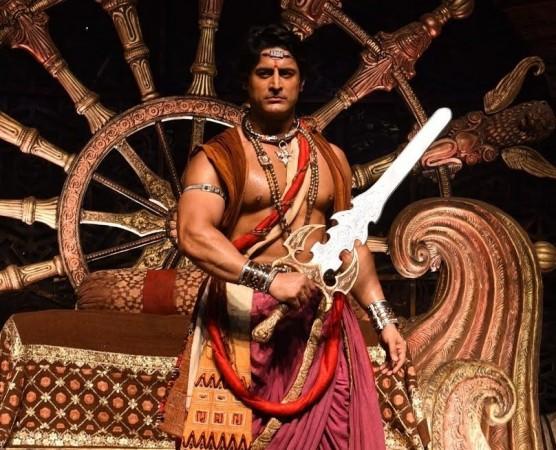
The storyline of popular historical drama "Chakravartin Ashoka Samrat" is all set to take its viewers several years ahead with the entry of Mohit Raina as the new Ashoka. From Monday, May 2 onwards, Mohit will carry on the legacy of Siddharth Nigam, who won hearts with his excellent performance as the young Ashoka.
While the viewers were disappointed with Siddharth exiting the show, it has been revealed that the makers may bring Siddharth back as Askoka's son, if required. The young actor had created a benchmark with the role of Ashoka and has a huge fan following.
Keeping his popularity in mind, the makers may bring him back in case Mohit fails to impress the viewers. However, the "Devon Ke Dev... Mahadev" actor believes that he will convince the audience as the great emperor. To fit into the character, the actor has also learnt horse riding and sword fighting.
Talking about the pressure of taking over the role of Ashoka from Siddharth, Mohit told Indo-Asian News Service (IANS) that Siddharth has created a benchmark and hence the viewers want to see him more. "Yes, obviously the pressure is there. He has had a 400-episode journey in the show through which he has created a benchmark. So, people will obviously want to see him more. But I'll try my level best to convince them. If they (audiences) will accept me then it's well and good otherwise may be we will recast Siddharth as Ashoka's son," Mohit said.
Meanwhile, post-leap, Mohit will be seen returning to his kingdom after 10 years. He will appear in a new avatar, Chand Ashoka, to seek revenge from his enemies. Besides Mohit, Soumya Seth of "Kavya" fame will play the role of Kaurwaki, while Kajol Shrivastava, Ankit Arora and Dakssh Ajit Singh will be seen as Devi, Sushim and Radhagupta, respectively.
















